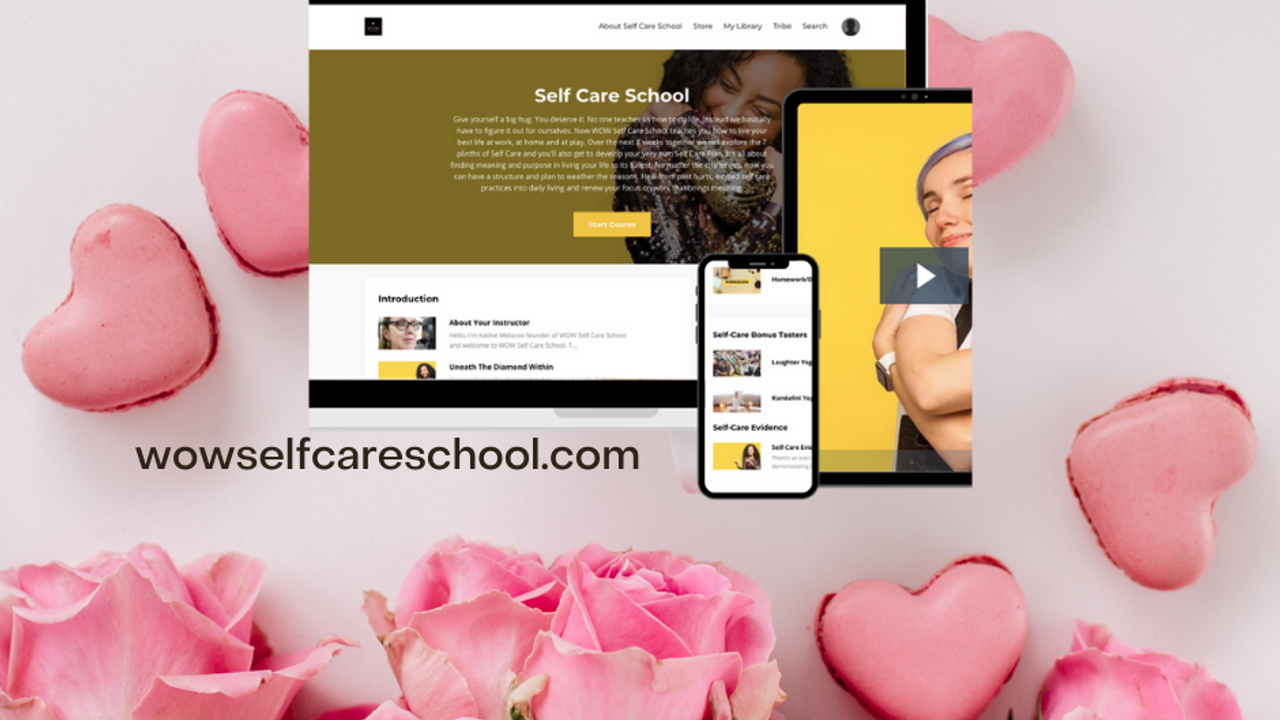Why We Must Improve Access And Exposure To Health Literacy

Establishing Self Care as a global policy priority to improve health outcomes and address the sustainability of health systems around the world is both necessary and achievable. However achieving Self Care's potential will require that we expand access and exposure to health literacy tools that enable the greater adoption of lifelong Self Care practices. Giving people the assurance and capabilities to practice Self Care requires addressing a knowledge gap from a health literacy standpoint and a leadership gap in encouragement, support and promotion among policy makers.
Half the world still lacks access to essential health services. Closing the gap will require not only financial and infrastructure improvements, but investments in human capital. These include sustained and comprehensive Self Care policy initiatives at the region, country and local levels.
To achieve this we must:
- Develop a universal definition and framework for Self Care to inform and guide Self Care research and policy reforms
- Help people help themselves by fostering greater Self Care literacy, enabled by digital tools and technologies and education systems
- Make Self Care integral to overall health policy through greater investments in health promotion and disease prevention
- Build the institutional knowledge and leadership capacity to promote Self Care, particularly in developing countries
- Encourage health care professionals to support and facilitate the practice of Self Care
- Add to the body of evidence on Self Care effectiveness
- Build stronger public-private partnerships and collaborations across a broad cross-section of stakeholders
While Self Care's effectiveness in transforming daily health, driving positive health outcomes for individuals and producing significant efficiencies for health systems is well-documented, much opportunity remains to realise its full potential as a foundational component of health care around the world. As we face seismic demographic shifts, emergent health conditions that challenge humanity such as the Covid-19 pandemic and ever more prevalent non-communicable diseases, there has never been a more pressing need, or more promising time, to empower people to take better care of themselves and those they love.


